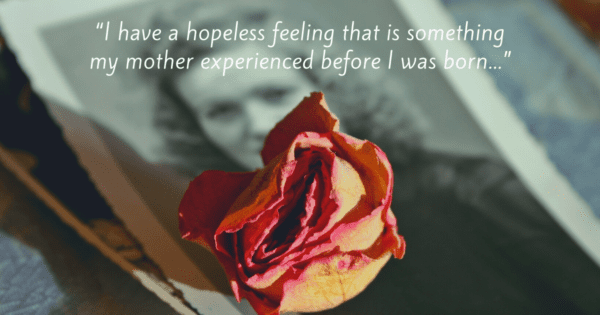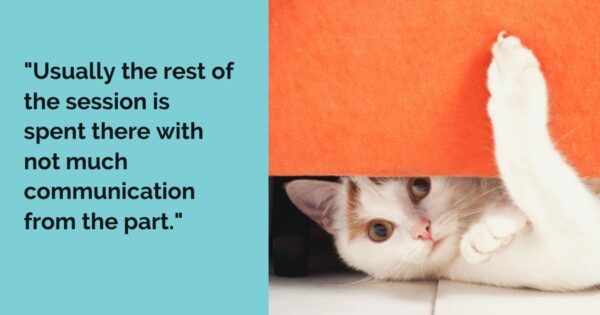"What are all those images?"
~~~~~~~~~~~~~~~~~~~~
Yarden writes: "A woman did a Focusing session with me, and had many
images, but, as she said: just images. She said she didn't have
feelings, she didn't think about anything, she didn't remember
anything. All the images that she saw had no connection to her life, as
far as she knew.
"So,
she is asking: what are all those images? She had only images for the
whole session, images that were more like seeing a movie, because she
didn't feel anything about them. My question is, what to tell her – to
continue Focusing, accepting that what comes is welcome, or something
else?"
Dear Yarden,
Some
people get images just because they are quiet and their eyes are
closed. This has nothing to do with Focusing! No, I wouldn't tell her
to just go on and welcome this kind of process. Something important is
missing. She'll lose a big opportunity if she just follows images this
way.
Yes, images can be a powerful part of a Focusing process,
BUT they need to be connected to a felt sense somehow, and that can be
difficult to explain or show to someone who is new to the process. (An
image can even BE the felt sense… but it would definitely feel
connected to one's life, if that were the case.)
That's why I've
started to suggest that for the first few Focusing sessions, people
deliberately choose some life situation or issue, even before starting
the Focusing session. It doesn't have to be their biggest life
question, but it should be something important or recent–like the
argument with your daughter this morning.
Invite the person to
say a few sentences about the issue, and then help them bring awareness
into the body and get a fresh felt sense about THAT.
"Sensing
your body's contact on the floor, and the chair… sensing the inner
area of your body that includes your throat, your chest, your belly…
and now remembering that issue, [for example] the argument with your
daughter… inviting your body's fresh sense of how that feels in you
right now."
If an image comes, I would say, "Your body shows you
this _______ about your argument with your daughter. Maybe you could
check if this feels right, that this ______ is about your argument with
your daughter."
Then if the person says, "I don't know," I'd
have them let go of the image, and try getting a body sense ABOUT the
life issue again.
Getting a body sense OF a life issue is such a
new thing to do, for some people, that they can sort of escape into
getting images, which they know how to do, rather than trying this
really new thing where they could make a mistake. But it's our job to
gently and non-judgmentally help them by bringing them back to the
issue and the body until a felt sense actually comes.







